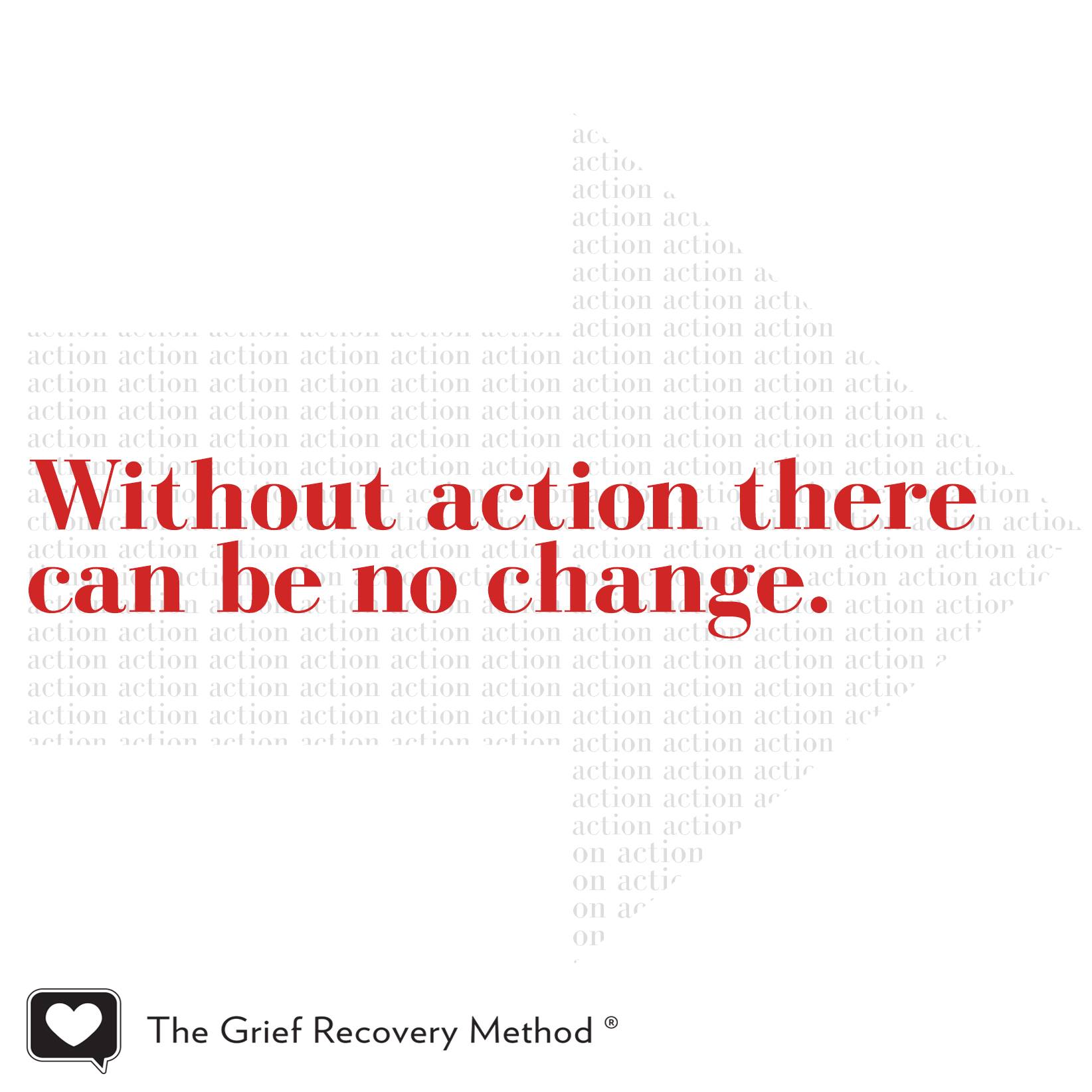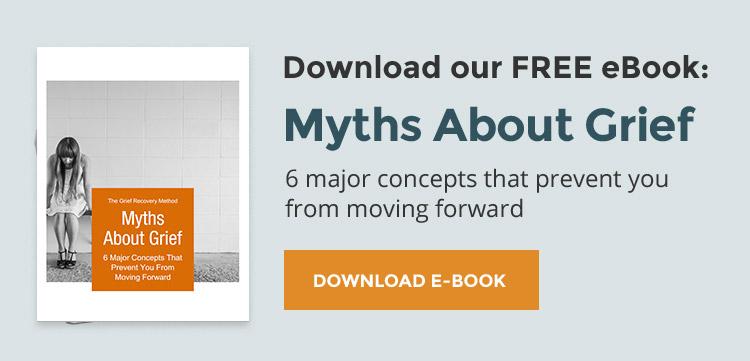Over time, we have identified six major myths about grief that are so universal, that nearly everyone can relate to having absorbed them early in life, although they can’t always explain what they mean and whether or not they are true or helpful. Here is part 1, part 2, and part 3 of the series if you want to start from the beginning. It is said that time heals all wounds. We'll get into why this is a myth later in this article but first let's review the other myths about grief that we have covered in this series. The six myths are:
- Don’t Feel Bad
- Replace the Loss
- Grieve Alone
- Grief Just Takes Time
- Be Strong and Be Strong for Others
- Keep Busy
It is said that time heals all wounds. This is not true...
Today we’re going to address the fourth myth, Grief Just Takes Time or Time Heals All Wounds. In our last blog on the myth Grieve Alone, we suggested that if we were to compare myths, it might be the most damaging of all. That may be true, but the myth that negatively affects the largest number of people in the world is the idea that time can heal an emotional wound. Time only passes, it does nothing. It is what we do within time that affects the quality of our lives. The false idea that time heals emotional wounds is based on a misunderstanding of the normal human reaction to losses of all kinds. For example, in our immediate reaction to the death of someone important to us, it’s normal and natural at first to have a sense of numbness. The numbness lasts differing amounts of time for each person, and is usually accompanied by an inability to concentrate or focus, which tends to last longer than the numbness. It makes sense that we have a hard time paying attention to routine day-to-day things in the immediate aftermath of the death of someone meaningful to us. And here’s where the myth of time healing gets its false foothold. As we adapt to the new, and usually painful reality of the death, we begin to be able to function a little better. With that comes the illusion that time has healed us, but all that’s really happened is that we’re adapting to the physical absence of the other person.
Different, better, or more
Adapting to the loss doesn’t mean that we’re emotionally complete with all the things we wish had been different, better, or more; or with the unrealized hopes, dreams, and expectations we had for our future with that person. [That even includes bad relationships, in which we may have hoped the other person would acknowledge and apologize for the things he or she did that hurt us.] We’ve all known people who have adapted to the reality of the loss but are still carrying a mountain of unfinished business about a death, a divorce, or other losses for many years. If time were a healer, that would not be the case.

The key to recovery from grief is action, not time!
The best example we use to support the idea that action is the key is the idea of a flat tire. If you arrive at your car in the parking lot and see it has a flat tire, would you pull up a chair and sit and wait for air to jump back into your tire? Silly idea, isn’t i? We all know that time won’t fix that tire. We also know that only actions will get the car back on the road. Either you root around in the trunk, find the jack and the spare tire and change it; or you realize just exactly why you have a cell phone, and you call the auto club to have them come change the tire for you. Either way, an action must be taken. The parallel is this: An emotionally broken heart is remarkably like a flat tire. The get up and go has got up and gone. The ability to participate fully in life is limited, if there at all. And again the key is action. You must take actions to complete what was left unfinished for you by the death, the divorce, or other loss, or you may find yourself just wandering through life without purpose or focus, trapped under the weight of the unfinished baggage you’re dragging with you.
Click here to go to the next entry in our blog series: Be Strong for Others (Myth #5).

























Add new comment